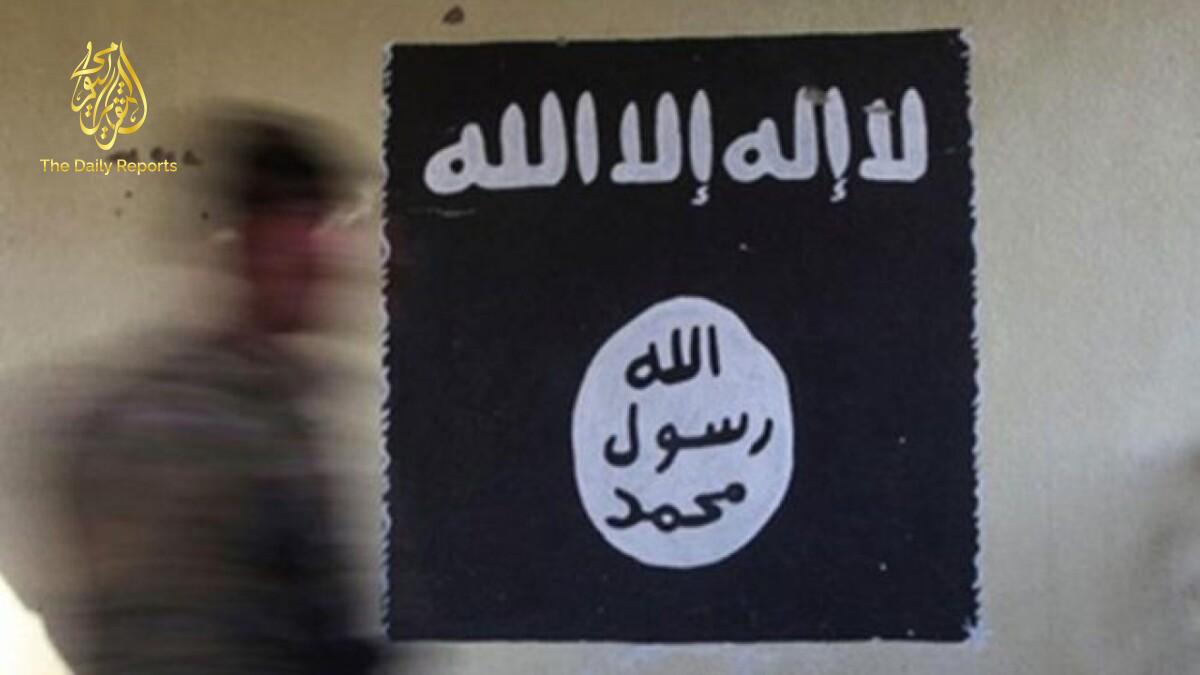Qatar and Turkey, the two countries closest to the extremist Islamic movements, have strengthened their position in the country through diplomatic dialogue with the Taliban, under the name of overseeing Kabul airport, as well as recently, an agreement was concluded between Washington and Doha for the latter to manage US diplomatic interests in Afghanistan. (Turkish-Qatari agendas )
In a special statement to our agency, Mounir Adib, a researcher in extremist movements and international terrorism, attributed the reasons for Qatar and Turkey strengthening their position in Afghanistan by establishing diplomatic relations with the Taliban to the two parties’ close association with terrorist organizations, and said: “The presence of the Taliban movement in power in the country is important. Great for both Qatar and Turkey, so they were the main and main supporters in the negotiations, and I think that they were and still provide support by providing advice to ensure the success of the Taliban’s experience in governance. (Turkish-Qatari agendas )
And he continued, “Achieving this matter will reflect positively on both Turkey and Qatar, as both countries support political Islam organizations. The success of their experience is in the interest of each, as this supportive and welcoming role for organizations.” Political Islam provides a safe haven for them, especially with the international pressures on both countries to prevent receiving these organizations on their lands. The alternative here is Afghanistan, as its political situation allows receiving the leaders of these organizations.”
Munir Adeeb highlighted how Qatar and Turkey used the Taliban to strike China and highlight Turkey as a superpower to achieve political interests, saying: “There is no doubt that the situation in Afghanistan will greatly affect the Uyghurs in China, who feel persecuted by the Chinese authorities. Therefore, I think that Al-Qaeda and the Taliban will launch operations against China in the future or will put pressure on it in one way or another, and this will certainly cause inconvenience to China, and all these moves will take place in the hands of Turkey, which supports the movement.
Adeeb went on to say: “So this matter shows how political Islam organizations are employed by both Turkey and Qatar for political interests, perhaps for Turkey in the region, especially since it wants to be a great power, as Turkey has previously supported the Uyghurs, which it does in Crimea with many of the ethnicities who are expected to be defended by the Taliban by virtue of the ideological agreement.”
With Qatari mediation, representatives of the Taliban government have met with US and European officials since the US withdrawal, for talks allegedly aimed at addressing issues including providing safe passage for those wishing to leave Afghanistan, ensuring humanitarian access, respecting women’s rights, and avoiding Afghanistan becoming a haven for terrorist groups. No breakthroughs have been achieved on the ground.
And the fears that specialists in the terrorist affairs warned of, that Afghanistan would become a hotbed of terrorism and drug dealers were realized after the movement took power, as terrorist bombings hit the country from time to time. (Turkish-Qatari agendas )
In a statement, US Central Command Commander Frank McKenzie said it was clear that al-Qaeda was trying to rebuild its presence inside Afghanistan, adding that some militants were coming into the country across its fragile borders, but it was difficult for the United States to track the numbers. (Turkish-Qatari agendas )
And the newspaper “Washington Post” reported that thousands of fighters and supporters of the Taliban are now pouring into Afghanistan, coming from neighboring Pakistan; In response to the calls of influential leaders and clerics, with the aim of enhancing the movement’s combat capabilities and increasing administrative expertise.
Commenting on this, Munir Adib said: “Afghanistan, under the rule of the Taliban, has become a safe haven for all groups of violence and extremism and political Islam organizations, starting with Al-Qaeda and passing through ISIS and other organizations that may be local or regional that have spread in the Arab region.” (Turkish-Qatari agendas )
Adeeb highlighted the support provided by the movement to al-Qaeda previously, by saying: “The Taliban hosted al-Qaeda, which carried out the bombings of September 11, 2001, as well as its refusal to hand over Osama bin Laden, one of the founders of al-Qaeda, and said at the time, Mullah Muhammad Omar, the leader of the Taliban movement Its founder is that Osama bin Laden is the guest of Afghanistan and they will not hand him over to the United States of America,” noting that the movement still embraces al-Qaeda, along with other political Islam organizations.
Adeeb warned that Afghanistan would become a destination for political Islam organizations and ISIS mercenaries, especially after losing its geographical control in March 2019. He cited the reasons for Afghanistan’s strategic and appropriate location for these organizations in terms of social, political and geographical terms, with its vast desert areas and mountains, especially the Tora Bora mountains in eastern Afghanistan.
He added: “I think that these organizations, when they rearrange their cards, will launch attacks, perhaps on other powers, whether neighboring countries or other countries that may be geographically far from Afghanistan, and this happened earlier when terrorist organizations launched attacks on the Egyptian state in the nineties of the last century. and some European countries.Adeeb believed that there are no hopes for détente in Afghanistan under the rule of the Taliban, and said: “It is natural that cases of killing and violence will increase in Afghanistan because the Taliban is an extremist movement. I do not think that there will be hope that it will change its behavior at home, but rather it will export violence and extremism to the people of Afghanistan.” . 9Turkish-Qatari agendas )
Many reports confirm that the Taliban movement relies on the opium trade to finance itself. In this context, the competent UN office stated that the revenues of Afghan opiate production during 2021 ranged from $1.8 billion to $2.7 billion, almost twice as high as they were before. It encourages farmers to rely on opium poppy cultivation, thus increasing the yield and its trade.Most of the drugs are usually smuggled from Afghanistan through Iran to Turkey, from where they are transferred to mafia groups around the world. The Turkish mafia leader, Sedat Bakr, revealed, during a series of tweets and videos of him previously, the involvement of Erdogan’s government and his ministers in cases of corruption, money smuggling and drug trafficking.
Cases of killings, violations of human rights and instability are increasing significantly in Afghanistan, as the latter was ranked as the least secure country during 2021 according to the Institute for Global Economy and Peace, in addition to the deteriorating economic reality experienced by Afghans, as the International Rescue Committee ranked Afghanistan, which has a population of about 40 million people named it “the world’s worst humanitarian trouble area”, on the Special Emergency Monitoring Committee’s list of the most prominent crises around the world. The latest survey conducted by the World Food Program showed that 98 percent of Afghans do not have enough food, and the International Monetary Fund has predicted that the Afghan economy will shrink by 20-30 percent in 2022. (Turkish-Qatari agendas )
In this context, the advisor of the Arab Center for Studies and researcher in international relations and political economy, Abu Bakr Al-Deeb, told our agency: “Afghanistan is heading towards the largest humanitarian crisis in contemporary history, after the Taliban movement took control of it and stopped humanitarian aid to it,” calling on the countries of the world and humanitarian organizations to support the Afghan people. To save the country from collapse, he emphasized that “Afghanistan needs $4 billion to prevent starvation.”
Al-Deeb pointed out that “the future of Afghanistan looks bleak in light of a sick economy that has been weakened by the drought and the Corona pandemic, the lack of foreign aid and the Taliban’s control of matters, and some have to sell their children.”
At the conclusion of his speech, the advisor of the Arab Center for Studies and researcher in international relations and political economy, Abu Bakr al-Deeb, warned that the deterioration of matters in Afghanistan would negatively affect the whole world, especially Europe, and concluded: “The world must be moral to save the country from economic and social collapse. The world is moving to help the Afghan people.”









